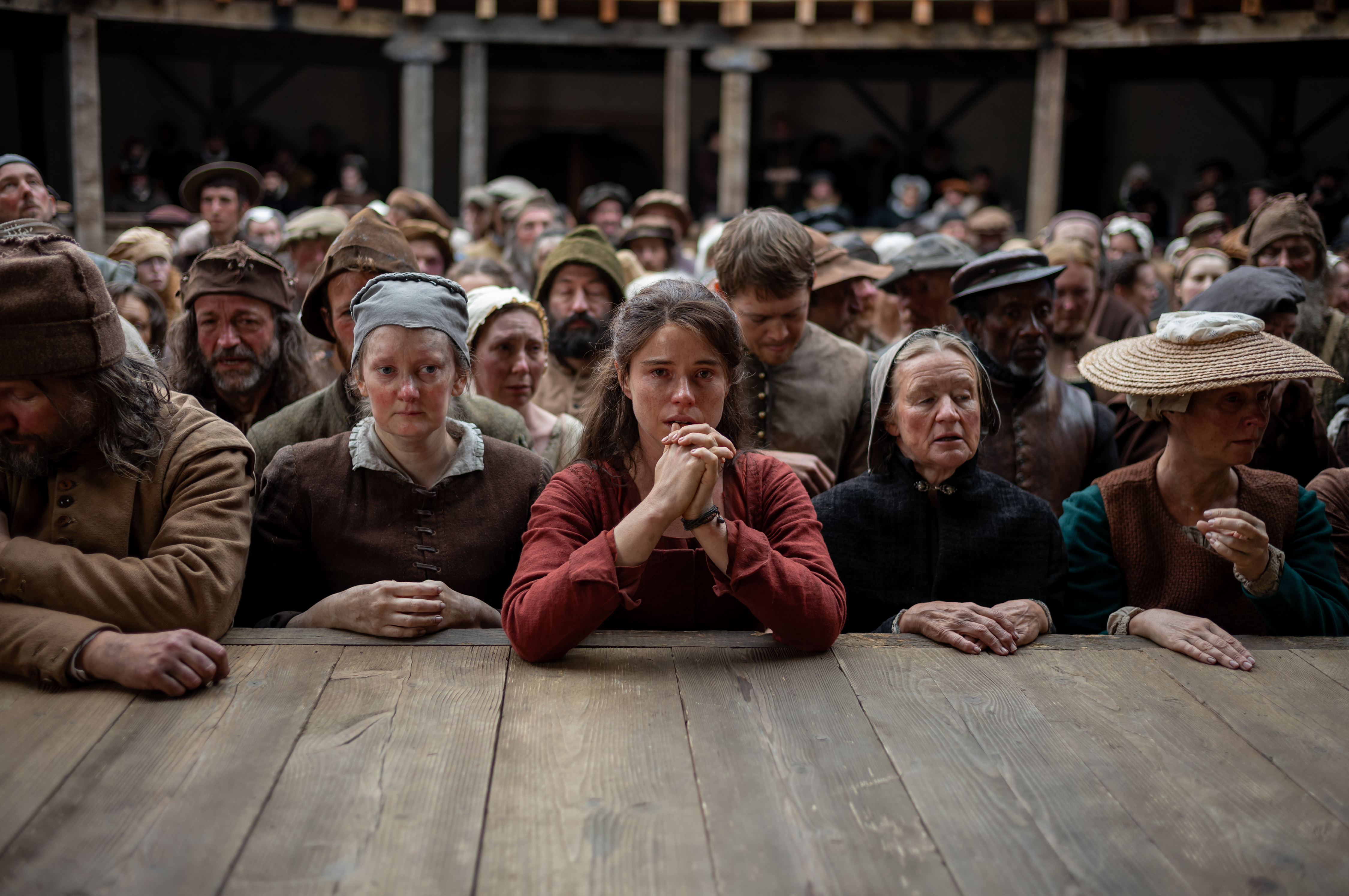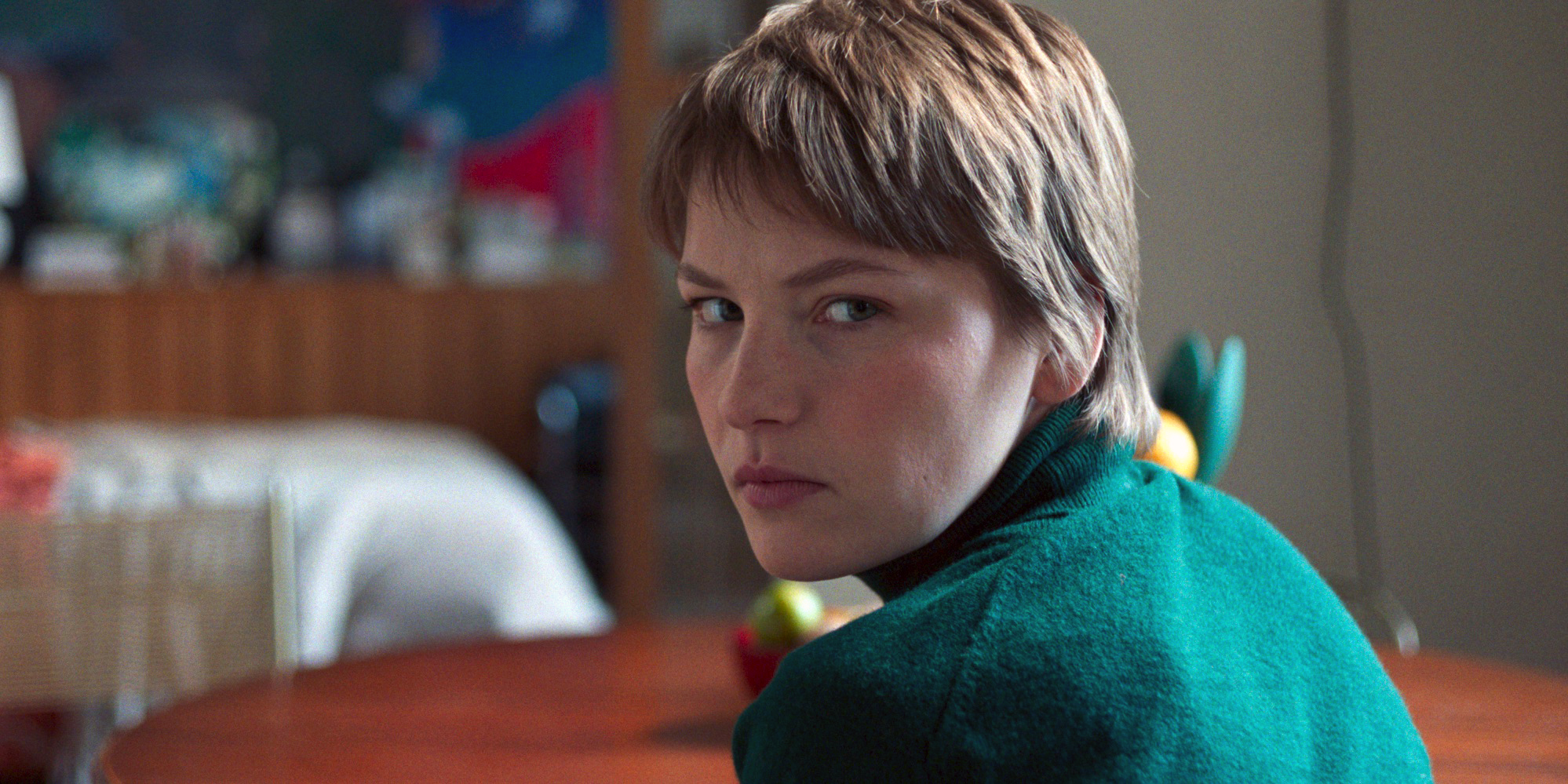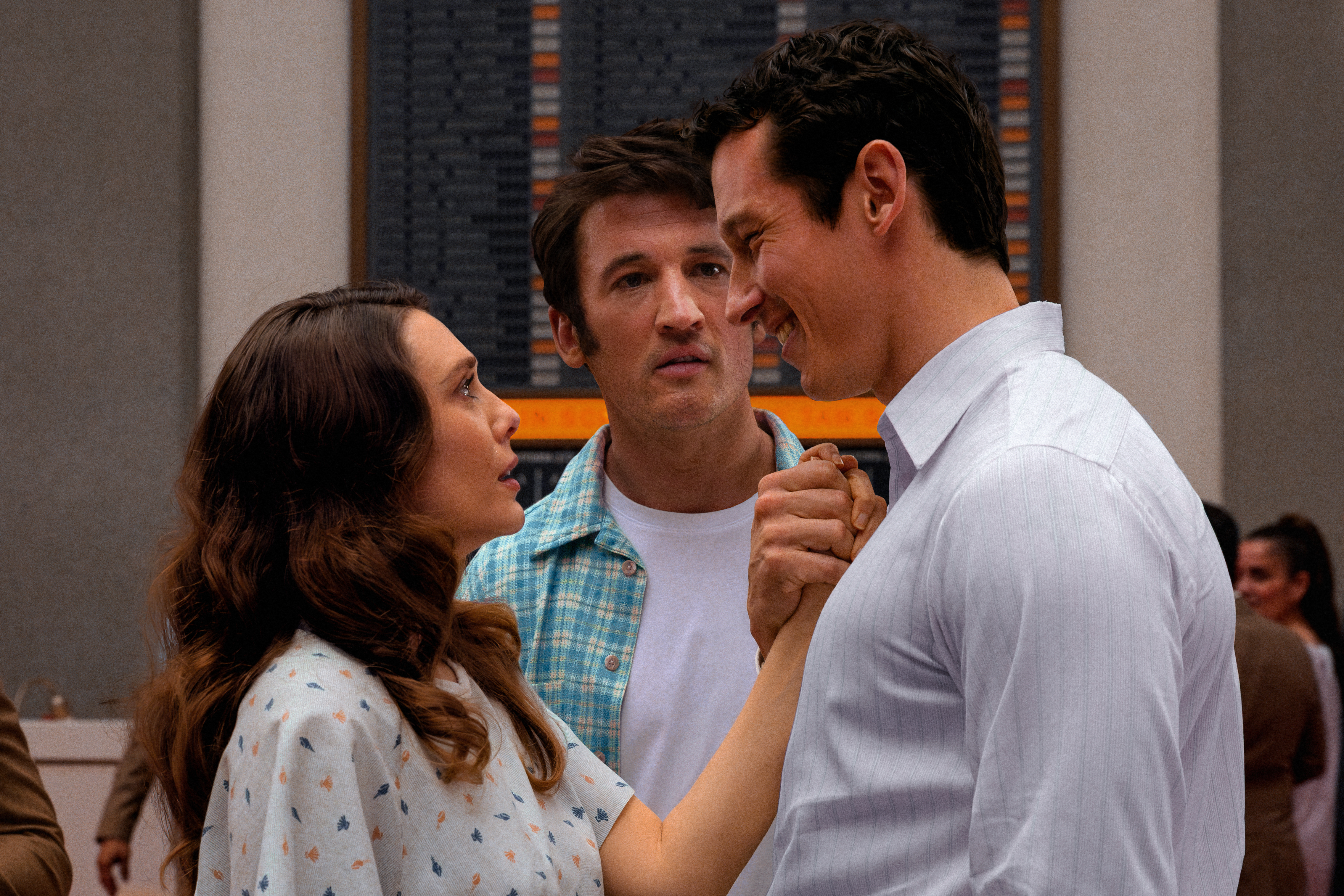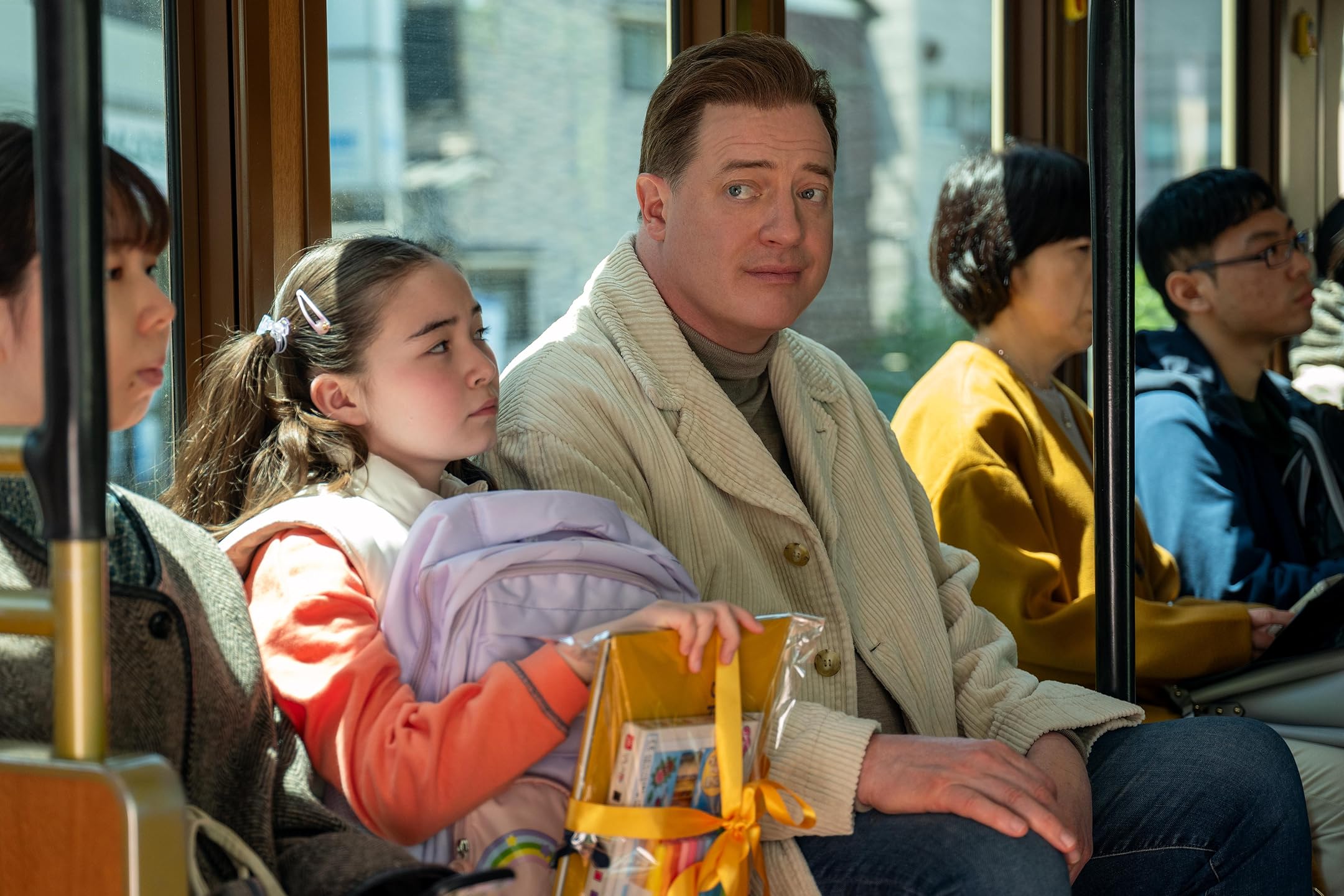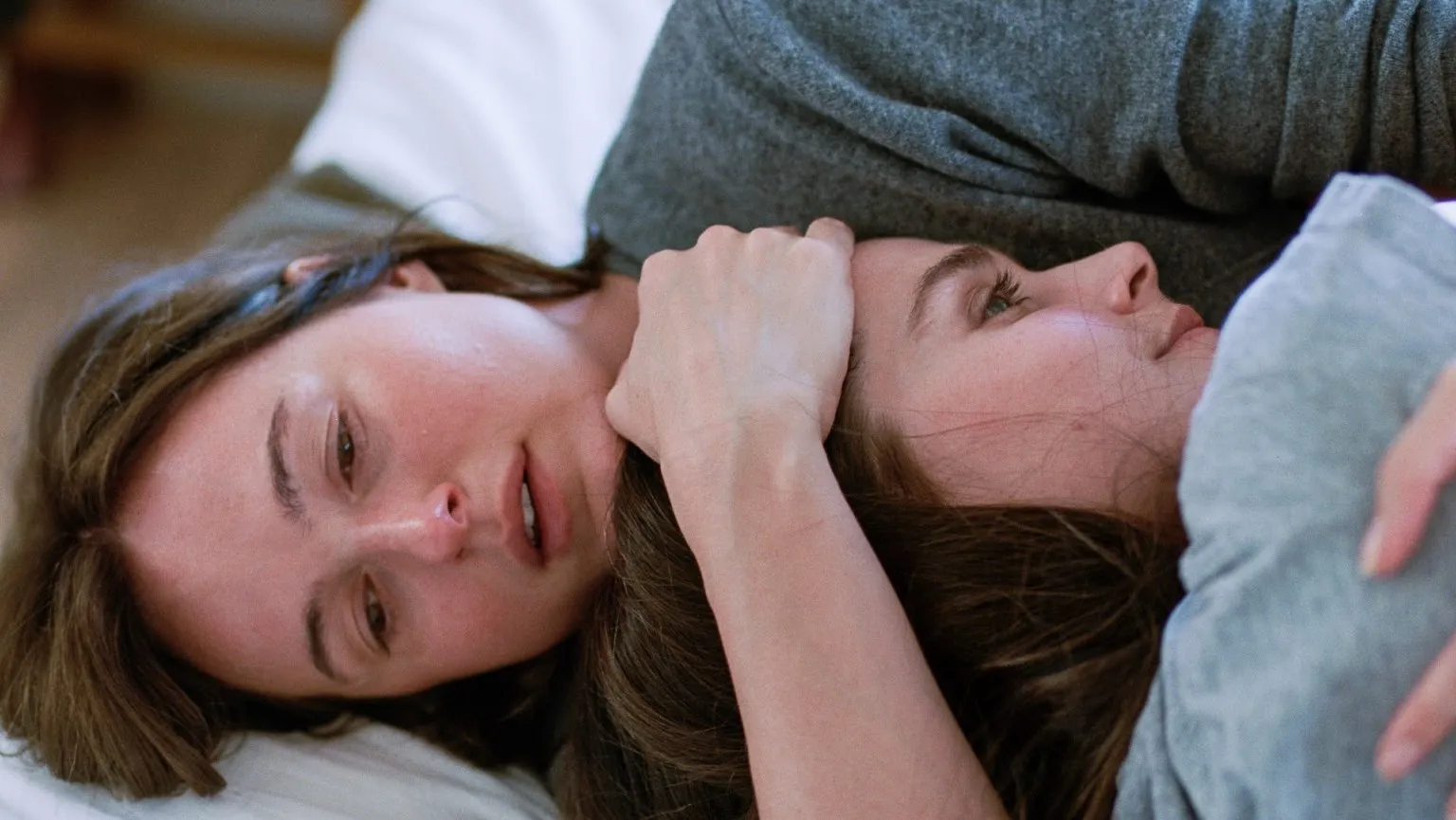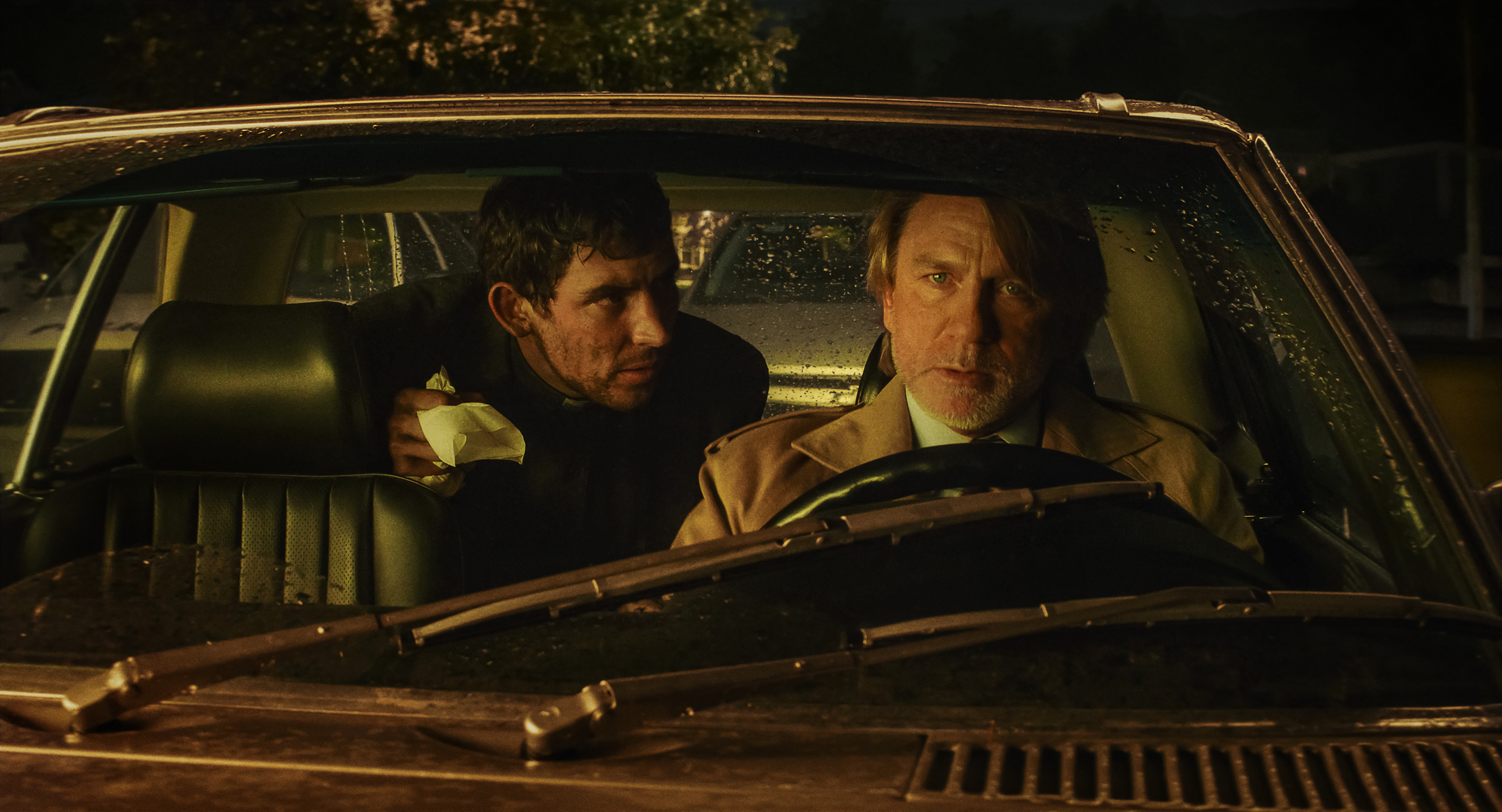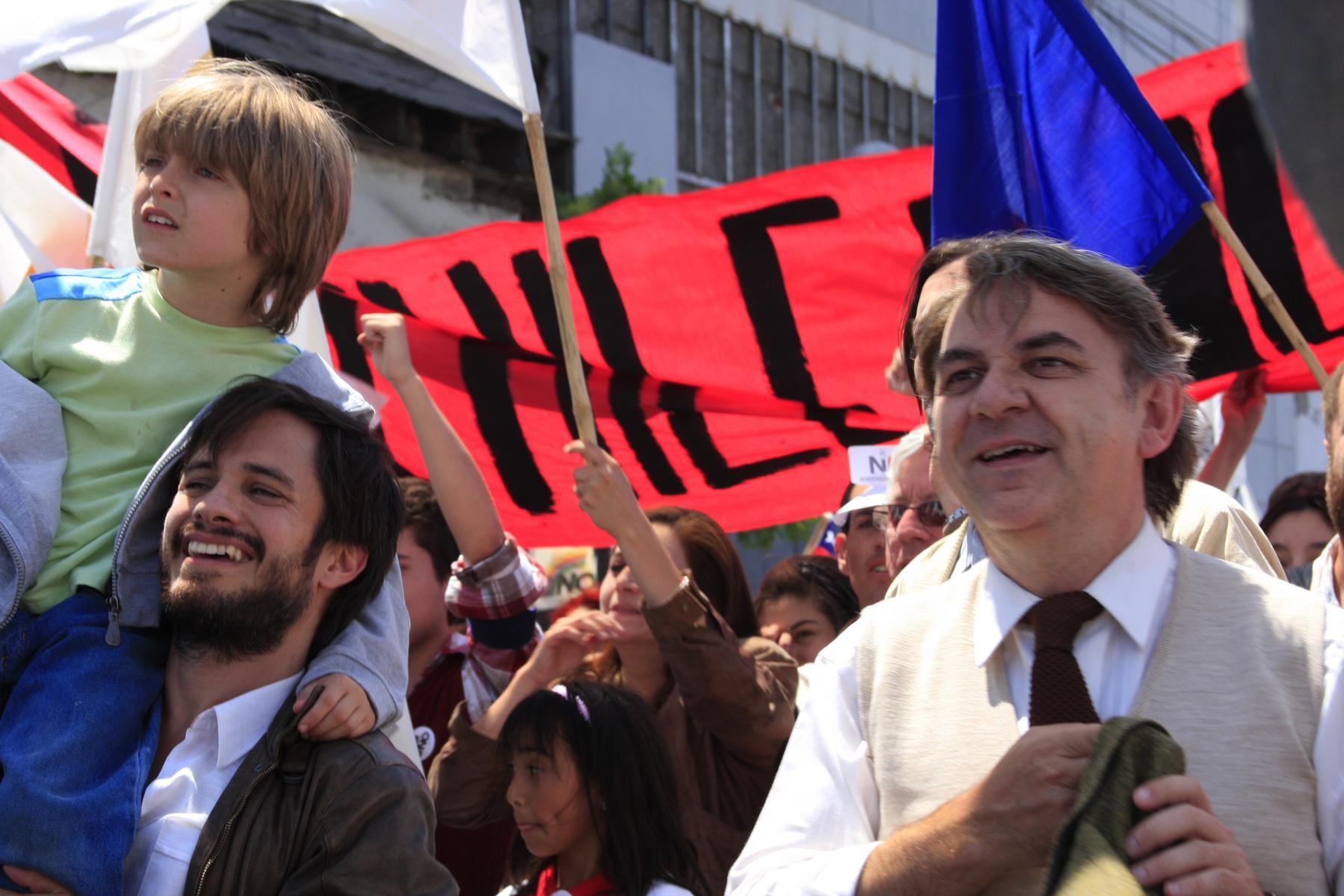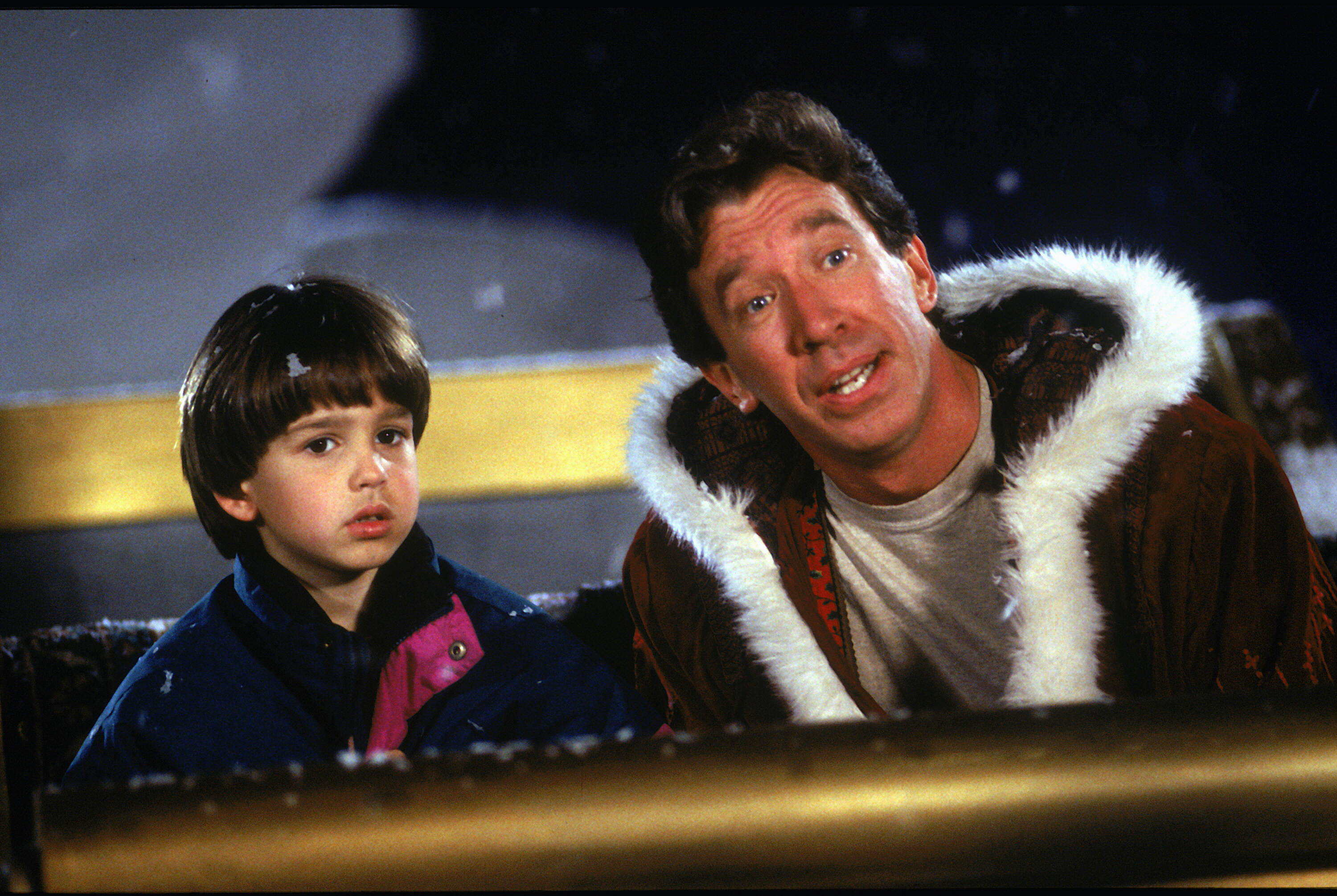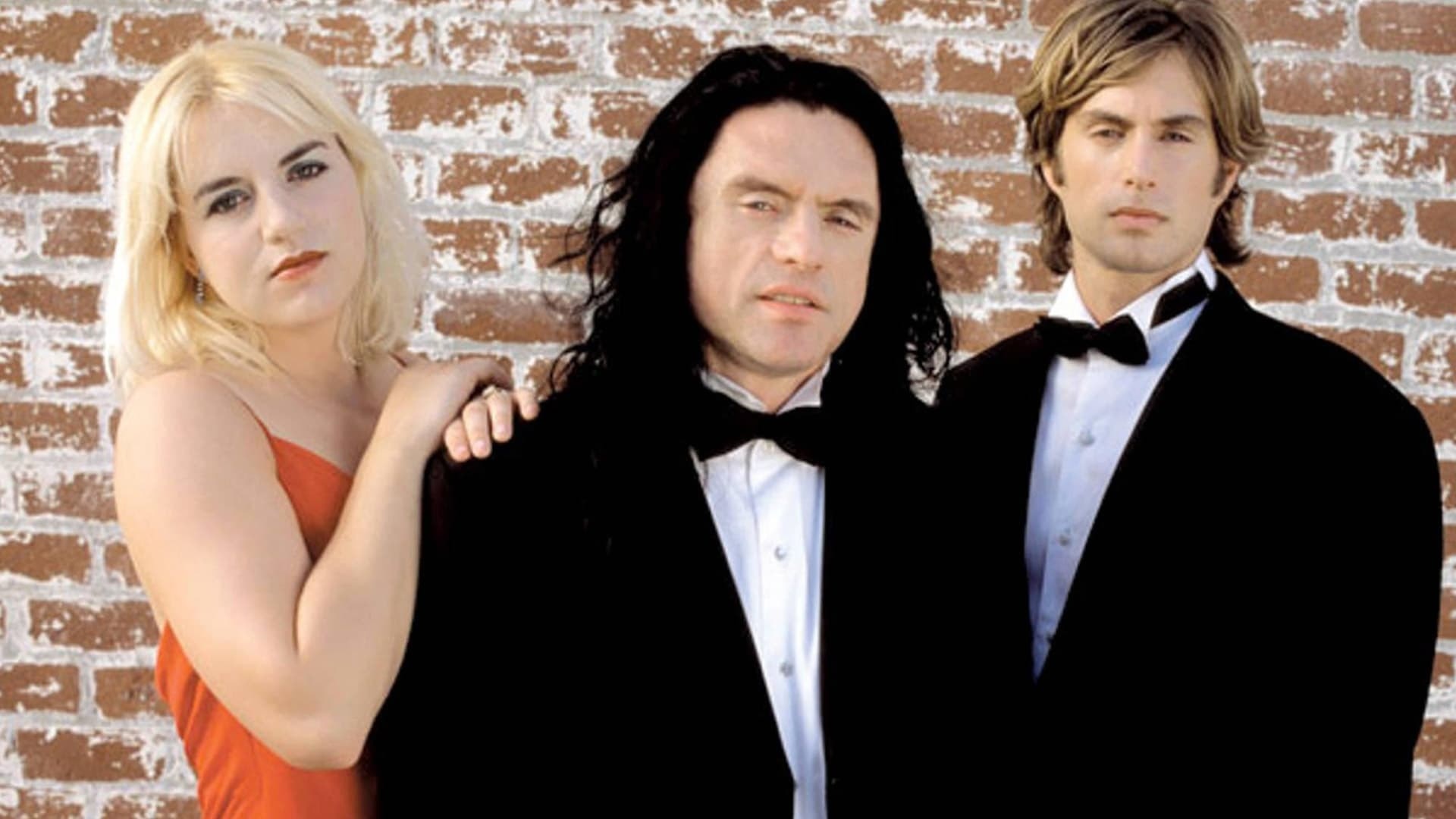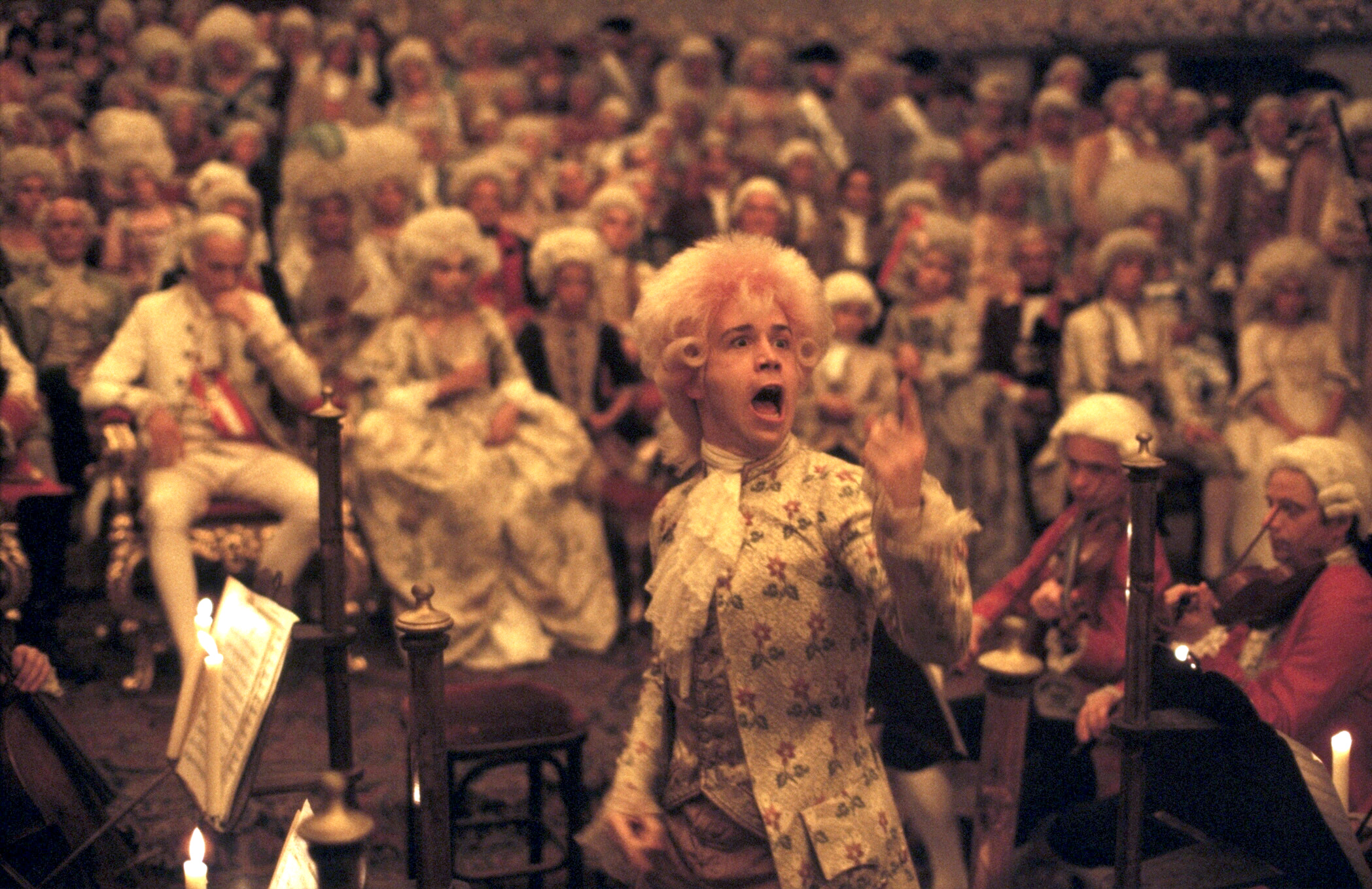
Amadeus
Creativity, music, and genius collide in Miloš Forman’s Academy Award-winning film about the rivalry between journeyman court composer Antonio Salieri and young upstart Wolfgang Amadeus Mozart.
Before the film, Dr. Psyche Loui will give an overview of her research as Associate Professor of Creativity and Creative Practice in the Department of Music and director of the MIND (Music, Imaging, and Neural Dynamics) lab at Northeastern University.
About Amadeus
Winner of eight Academy Awards, including Best Picture and Director, Forman’s lush, rollickingly entertaining drama explores the mysteries of creativity and divinely-bestowed genius, as well as jealousy, addiction, and disapproving dads. In a remote asylum, elderly composer Antonio Salieri (a riveting, Oscar-winning F. Murray Abraham) regales a priest with the story of his long-ago frenemyship with the legendary Wolfgang Amadeus Mozart (Tom Hulce, also nominated for Best Actor). Flashing back to 18th-century Vienna, the pious and pompous Salieri eagerly anticipates meeting Europe’s greatest musical genius—only to discover that Mozart is also crass, immature, and deeply annoying. Knowing that the talent of a “dirty-minded little creature” far surpasses his own drives Salieri to teeth-grinding aggravation and, ultimately, an obsession to destroy his rival.
About Psyche Loui
Psyche Loui is an Associate Professor of Creativity and Creative Practice in the Department of Music and director of the MIND (Music, Imaging, and Neural Dynamics) lab at Northeastern University. She graduated from the University of California, Berkeley with her PhD in Psychology, and attended Duke University as an undergraduate with degrees in Psychology and Music. Dr. Loui studies the neuroscience of music perception and cognition, tackling questions such as: What gives people the chills when they are moved by a piece of music? How does connectivity in the brain enable or disrupt music perception? Can music be used to help those with neurological and psychiatric disorders? Dr. Loui’s work has been supported by the National Science Foundation, and National Institutes of Health, received multiple Grammy awards, a young investigator award from the Positive Neuroscience Institute, and a Career award from the National Science Foundation. Her projects have been featured by the Associated Press, The New York Times, The Boston Globe, BBC, CNN, the Scientist magazine, and other news outlets.


